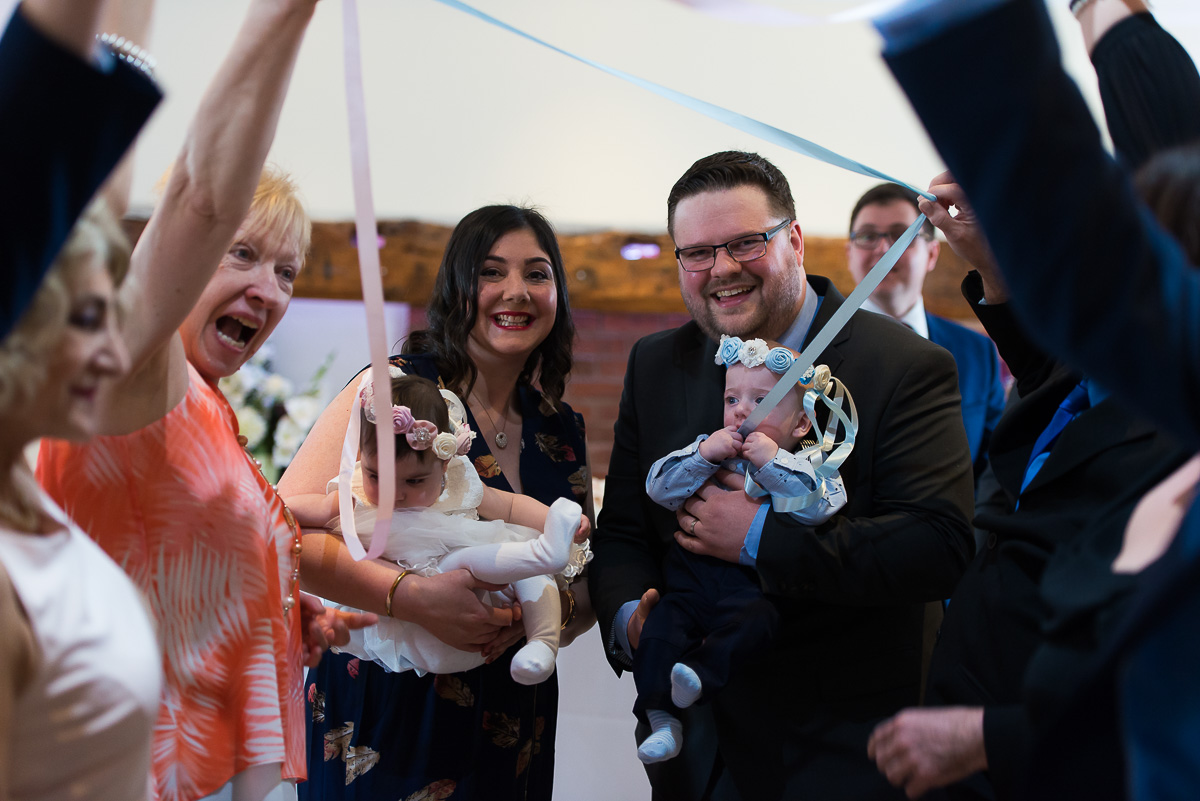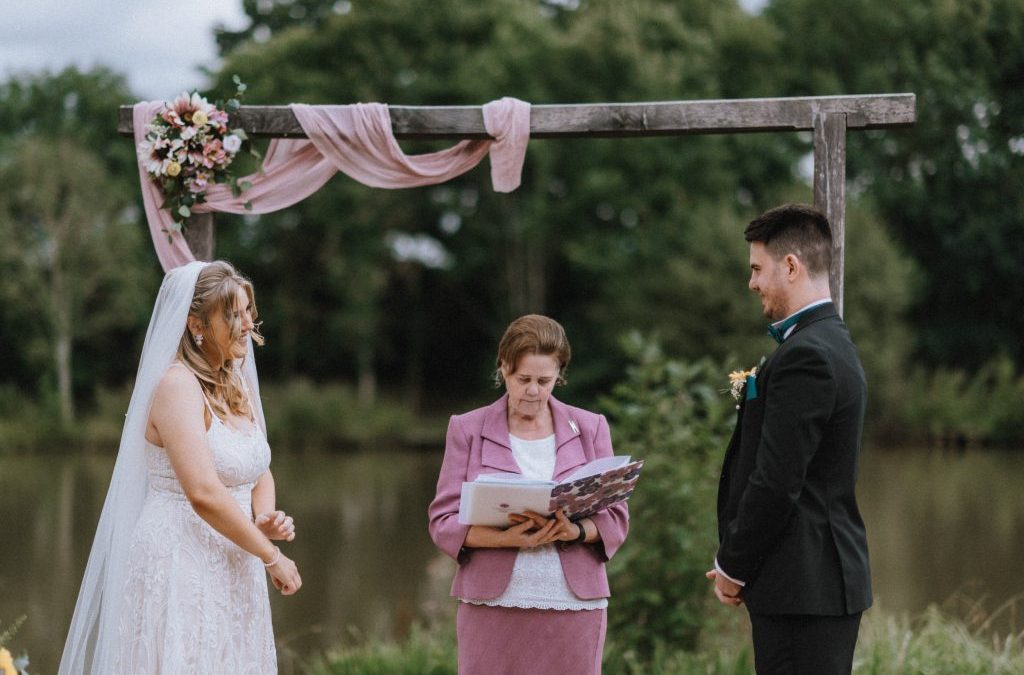Welcoming a new life into the world is one of humanity’s oldest and most universal instincts. Across time and cultures, people have gathered to mark the arrival of a baby through rituals, blessings, feasts, or simple acts of community. However different these traditions may appear, at their heart, they share a common purpose: to say this child is here, they are loved, and they belong.
Where it all began: Ancient traditions of welcome
Long before organised religion, families marked the arrival of children with rituals of protection and belonging. Ancient Greeks held the Amphidromia, where fathers would run around the family hearth with the newborn in their arms, symbolising the child’s acceptance into the household. In some Native American cultures, a baby’s naming could take place weeks or months after birth, often tied to natural signs or community stories that gave the name significance.
These early practices weren’t just symbolic; they were vital. Infant mortality was high, and to name and present a baby to the community was to say: this child has survived, and now we celebrate them.
Christenings and baptisms: Water, faith, and belonging
 In Christian traditions, birth rituals became closely tied to baptism. The practice of using water as a symbol of purity and renewal dates back to ancient Jewish purification rites, but baptism as we know it took shape in the early Christian church. By immersing or sprinkling the child with water, families declared their child cleansed of sin and welcomed into the Christian community.
In Christian traditions, birth rituals became closely tied to baptism. The practice of using water as a symbol of purity and renewal dates back to ancient Jewish purification rites, but baptism as we know it took shape in the early Christian church. By immersing or sprinkling the child with water, families declared their child cleansed of sin and welcomed into the Christian community.
For centuries, baptism and christening were not only religious acts but also deeply social ones. Families gathered, godparents were appointed, and the child’s place in both faith and community was affirmed. In some denominations, the child was formally named at baptism — a moment when their identity was announced and sealed with spiritual significance.
Secular and civil alternatives
As society became more diverse and increasingly secular, not all families found religious baptism appropriate. In some countries, civil alternatives developed. For example, in France, the civil baptism (baptême républicain) was created during the French Revolution as a non-religious counterpart, placing emphasis on citizenship and community rather than faith.
Similarly, in the UK, the rise of Humanist and non-religious ceremonies reflects a growing recognition that while families want to celebrate their child, they don’t always want to do so within the framework of a religion.
Why Names matter so much
 It’s hard to overstate the importance of a name. A name is the first gift we give a child — a word that will follow them through every stage of life. Names carry stories, connections, and hopes. They may honour family members, cultural roots, or simply bring joy because of their sound.
It’s hard to overstate the importance of a name. A name is the first gift we give a child — a word that will follow them through every stage of life. Names carry stories, connections, and hopes. They may honour family members, cultural roots, or simply bring joy because of their sound.
Psychologists suggest our names even shape how we see ourselves and how others perceive us. They are entwined with our sense of identity and belonging. In many cultures, naming rituals are more than symbolic — they are acts of affirming a child’s place in the world.
Humanist naming ceremonies: All-inclusive, all-encompassing
So where does this leave us today, in a multicultural and multifaith society where families hold many different beliefs — or none at all?
A Humanist naming ceremony offers a modern, inclusive answer. Unlike religious ceremonies, it doesn’t bind a child to a faith or creed. Instead, it focuses on celebrating the child for who they are and welcoming them into their family and community of love and support.
Humanist ceremonies are entirely bespoke. They may include readings, symbolic gestures like planting a tree or creating a memory box, and promises made by parents, siblings, or chosen “guide parents.” The ceremony can draw inspiration from different traditions without being restricted by them. It is, in every sense, a reflection of the family’s values.
Perhaps most importantly, a Humanist naming is a ceremony of belonging that includes everyone. Whether guests are religious, agnostic, or non-religious, all can take part in celebrating the joy of a new life without feeling excluded.
Conclusion: A timeless instinct, a modern choice
 Across centuries and cultures, the instinct to celebrate a child’s arrival has remained constant. From ancient hearths to church fonts, from whispered blessings to joyful feasts, we have always understood that a baby’s arrival is something to share, to honour, and to mark with ceremony.
Across centuries and cultures, the instinct to celebrate a child’s arrival has remained constant. From ancient hearths to church fonts, from whispered blessings to joyful feasts, we have always understood that a baby’s arrival is something to share, to honour, and to mark with ceremony.
Our names give us identity. Our communities give us belonging. And the rituals we create give us meaning.
A Humanist naming ceremony embraces all of this: it honours the deep human need to celebrate new life while remaining inclusive, personal, and free from dogma. It is a ceremony that says, simply and beautifully: You are here. You are loved. You belong.





0 Comments